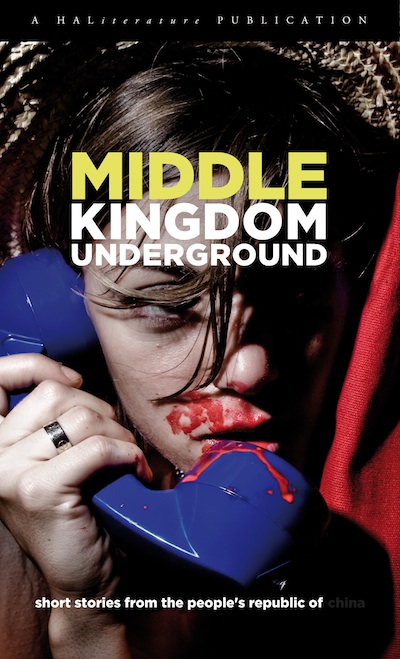On Death
“I will spend my life trying to understand the functioning of remembering, which is not the opposite of forgetting, but rather its lining.” —Sans Soleil
“She was so depressed she just walked into the river. Drowned herself right there in the water behind you. You know how bad it must be to convince your body to sink, not float?”
“Yes,” I said, meaning no. “I guess I do.”
Saying you have a lot of deaths in the family is like saying you have a lot of births. But suicides? And how should you remember those who wanted to be forgotten? And when you finally do forget, when their faces are lost to clouds and then just gray, how do you describe what they once were, and what they’ve done since? There are so many types of death—all affect the dead the least. The woman that walked stubbornly into the shallow waters of the Lynnhaven was my great aunt. And this part of the river is shallow. Nothing but reeds and mud for at least fifteen yards.
This happened in 1962, around the time that Princess Anne County was rechristened Virginia Beach. She woke up early one morning and walked into the river. Maybe she never went to sleep the night before. It doesn’t matter. What matters is that forty-five years have come between us, and I don’t know her name. My grandmother, Esther Byrd, has told me, rather quickly and faintly, but it never sticks. What I know is a presence chalked by its absence. Lo, my great aunt’s daughter, took it worst. After her were those in the house that morning—those who called the ambulance, as if speed were a factor with a body that cold. And then nothing happened. For over forty years nobody really spoke of it. I don’t suppose it was a conscious choice; mourning just takes too much energy. Another generation came around. Then a few days before last Christmas my sister was rushed to Virginia Beach General after swallowing a half bottle of Adderall. And people started talking about 1962 again.
In a family that doesn’t believe in God, death is tricky. My grandmother, after watching the slow unraveling of her invalid mother, made us all swear to make her drink rusty nails until she too could walk into the river. She was serious. Death means forgetting. Mourning—remembering. By this, everyday is death. I never knew my father. He’s dead to me, but I can still hope for some Golgotha moment where everything wrong will right itself. My mother has disappeared to the Baghdad desert; she too will be back. But I’ve already started to forget her face. As for 1962, the voluntary death, this makes it harder. I just remember that there was something I wasn’t supposed to forget. Do those who take their own lives want to be mourned? When they get right up close, do they want to go through with it? I read somewhere that with people who commit suicide by jumping, many of the autopsies reveal tears in their shoulder muscles. Because most don’t leap from the window. They lower themselves from a ledge and wait for courage. Only when they change their minds do their arms quiver and fail. And they drop. Like walking into a river. Sink or float.



it was written more than one year ago….
but it’s good~